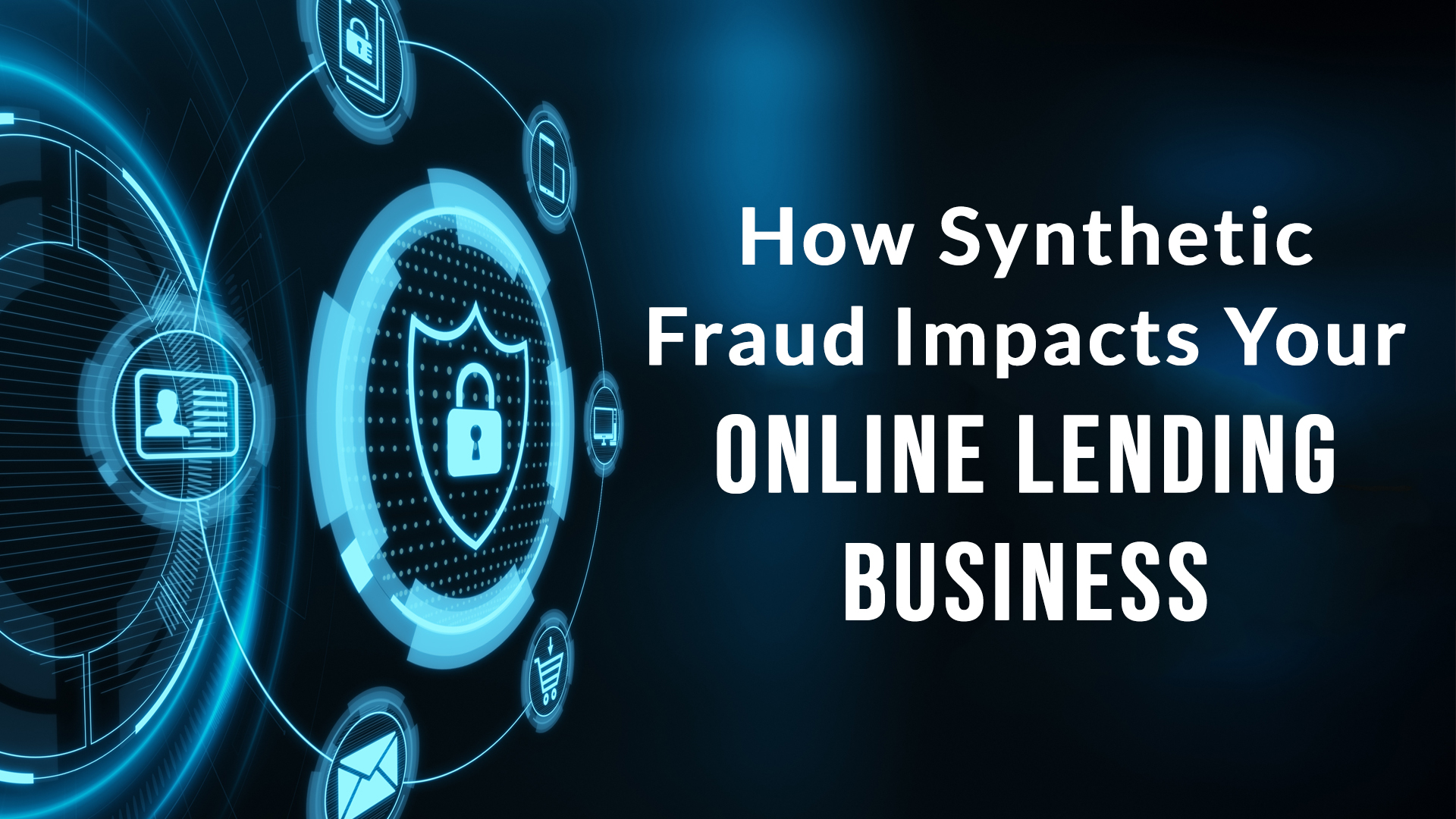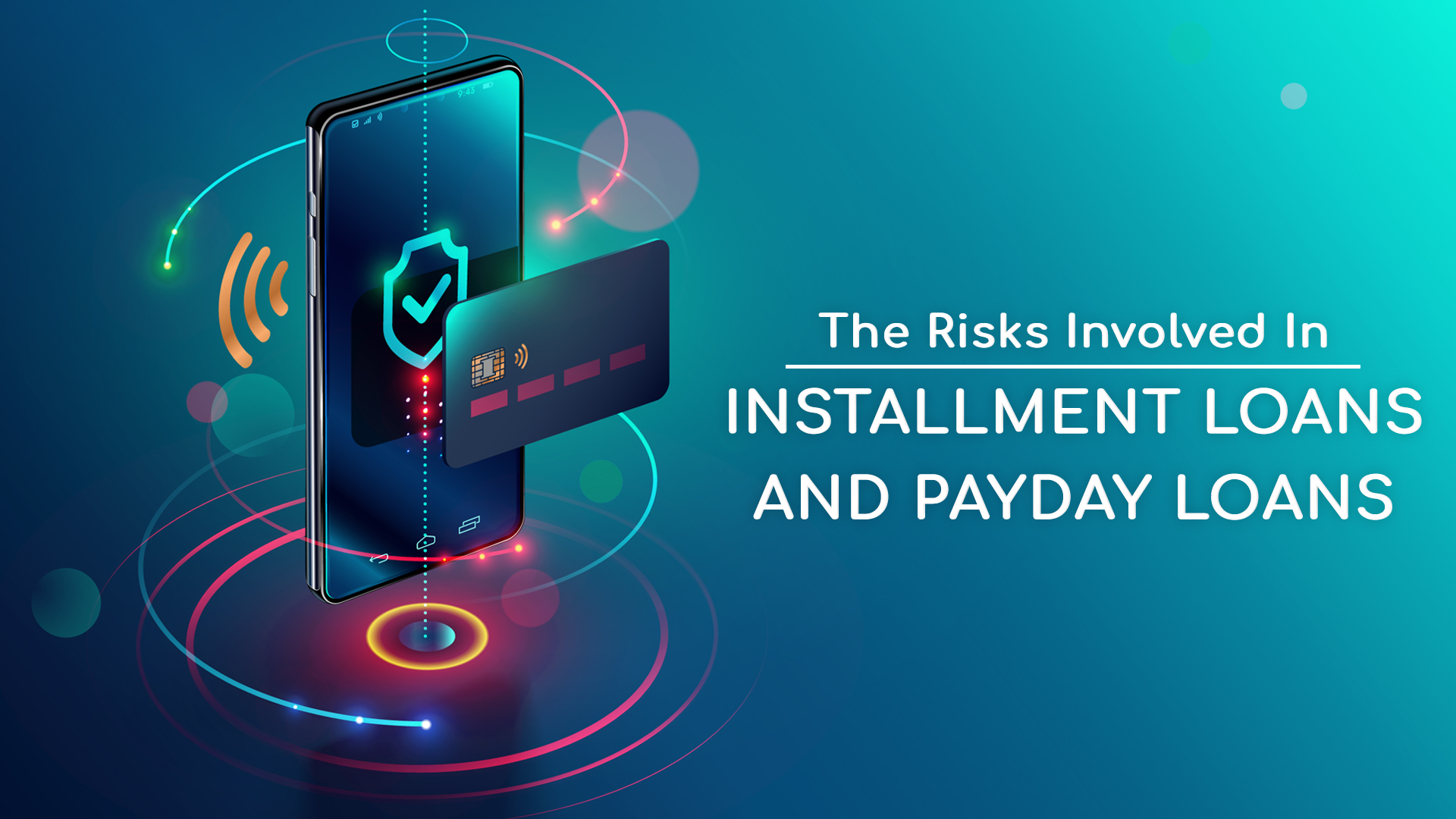How Synthetic Fraud Impacts Your Online Lending Business
Ensuring that your borrowers pay back their loans is one of your highest priorities as an online lender. However, following up on payments is only possible when real clients exist. Synthetic identities are one of the fastest-growing threats to your online lending business. According to a report by the Federal Reserve, U.S lenders lost $6 billion to synthetic identity fraud in 2016. Here’s what you should know about synthetic identity theft and your lending business.
What is Synthetic Identity Theft?
Synthetic identity theft is a type of fraud where criminals combine real and fictional information to impersonate another individual and gain financial benefit. Fraudsters steal Personally Identifiable Information (PII) such as Social Security Numbers (SSNs). They combine them with fake names and addresses to create new identities that they use to steal money from creditors or make fraudulent purchases.
The new identity may be a combination of fake and real data. It may also be a combination of real data from different people. Fraudsters are crafty in the ways that they obtain information– phishing/email scams, impersonating employers, skimming credit cards. Fraudsters can also draw the information from the dark web or hack sites to access legitimate information that they utilize to create a profile.
Criminals are aware that you intend to track their financial habits. For this reason, they put up a trustworthy front by growing their online credit history and paying back some of the first loans. Fraudsters will sometimes use bots to emulate the behavior of legitimate borrowers, making it harder for financial institutions to detect unusual activity.
Why Do People Create Synthetic Identities?
- To create false identities and grow their online credit history before pulling the long con and defaulting on bigger loans.
- Access financial information that they cannot access without legitimate PII such as social security numbers.
- To launder money through your lending institution since they can forge business details when applying for loans.
- To mask negative history such as tax liens, bankruptcy, criminal records or defaulted loans.
How Does Synthetic Identity Theft Affect Your Accounting Liquidity?
Accounting liquidity is the ability of your business to reach its financial obligations with the available liquid assets. As a business, you should be able to pay off your debts once they are due. Unfortunately, your online lending business is likely to go under as more fraudsters access your money.
Some fraudsters will build up their online credit history for months and go for the long con. The last scam,known as a ‘bust-out’ scheme, occurs when criminals drain their bank accounts and max out their credit cards.
Between 2003 and 2013, a group of criminals in New Jersey created 7,000 synthetic identities and used them to steal $200 million from different financial institutions. Since the identities of these fraudsters are fake, retrieving payments is impossible. As a result, you may count losses at the end of the financial year and fall into bankruptcy.
How Do Synthetic Identities Lead to Lost Productivity?
Every cost you dedicate per lead is intended to return once the borrower pays back the loan. Ideally, your goal is to draw in more clients, process their information through various algorithms, and contact the clients once their loan requests are approved or rejected. Your call center will also handle clients calling in with information requests and follow up on loan payments.
With synthetic identity fraudsters, the money you spend on false leads only increase your cost per funding. Criminals have no intention of paying back the loan, especially after their “bust-out” con. Since their identities are fake, they ultimately affect your conversion rates and give you a false sense of ‘healthy’ business operations.
How Can Decision Cloud Help You Track Synthetic Identities?
Without the right technology, you are likely to fall prey to synthetic identity fraudsters and lose money in the long run. When operating an online business, finding the right filter for your financial institution should be a top priority. An excellent filter should be able to track information across various platforms and identify fraudsters to protect your money.
Decision Cloud is an online platform that supports private lenders by helping them identify the best leads. Instead of relying on a borrower’s word, Decision Cloud utilizes data from third parties to identify lead fraud and calculate a borrower’s score. This information will tell you how likely a borrower will pay back a loan and help you mitigate the risk of lending money. Contact us today and let us help you take your business to the next level.






